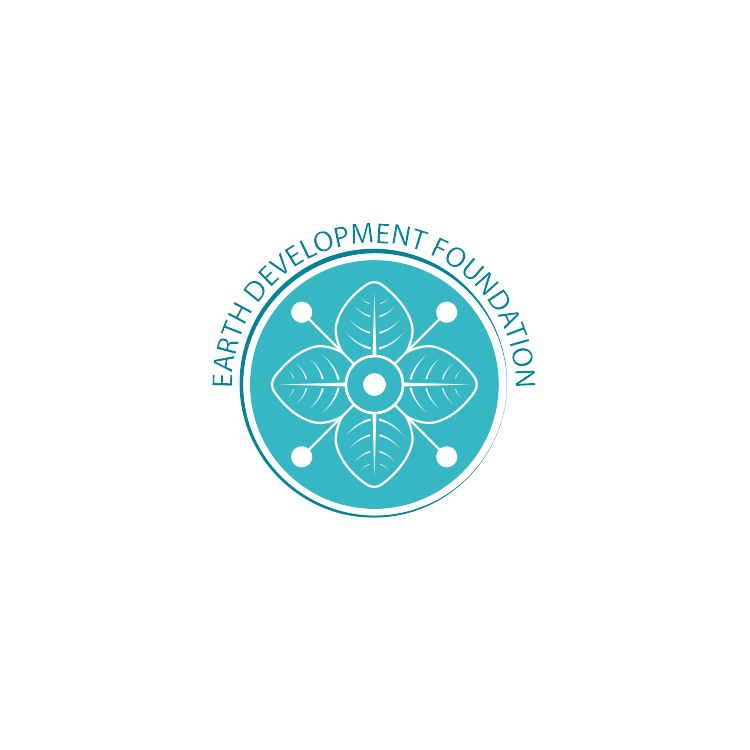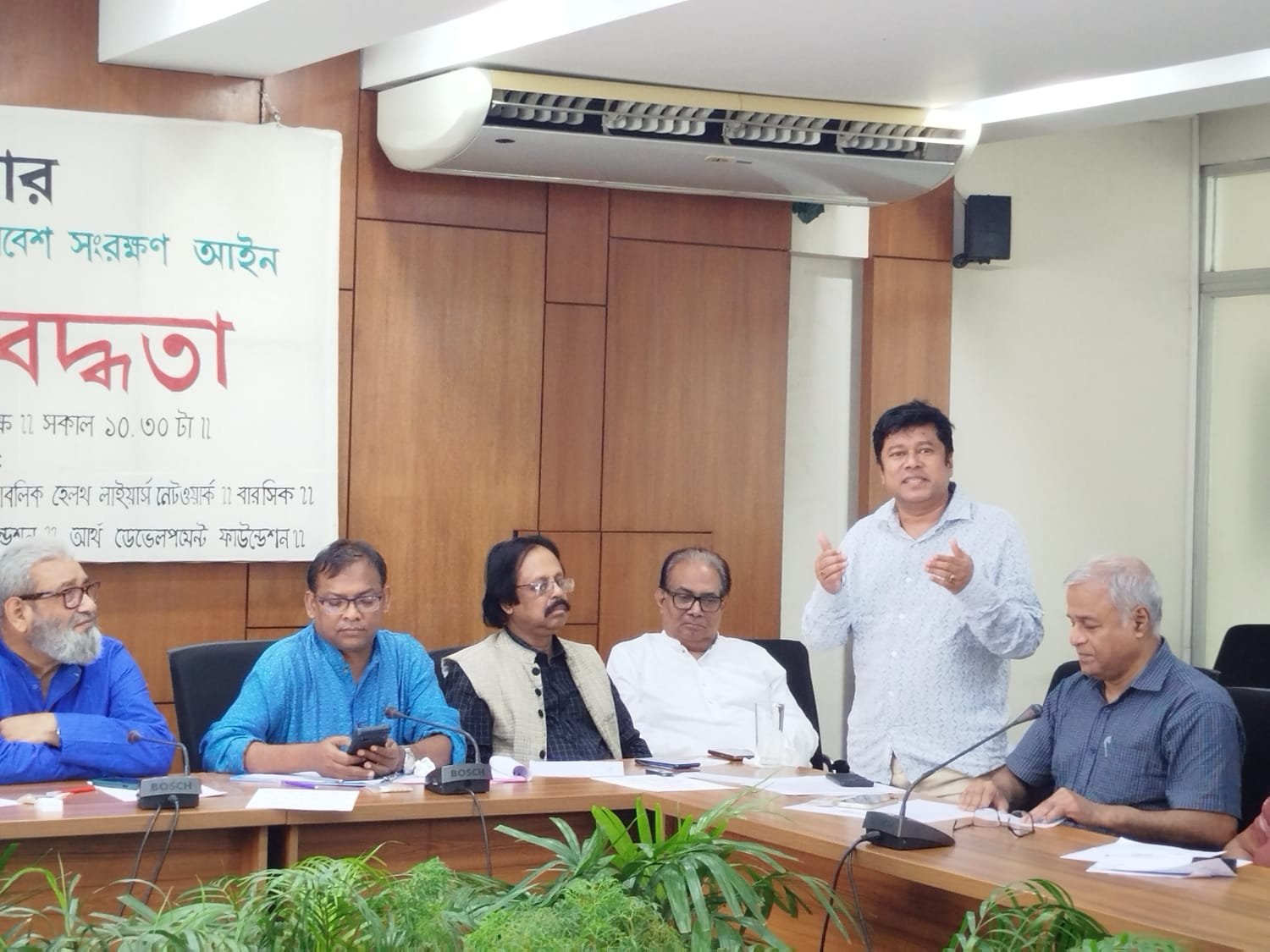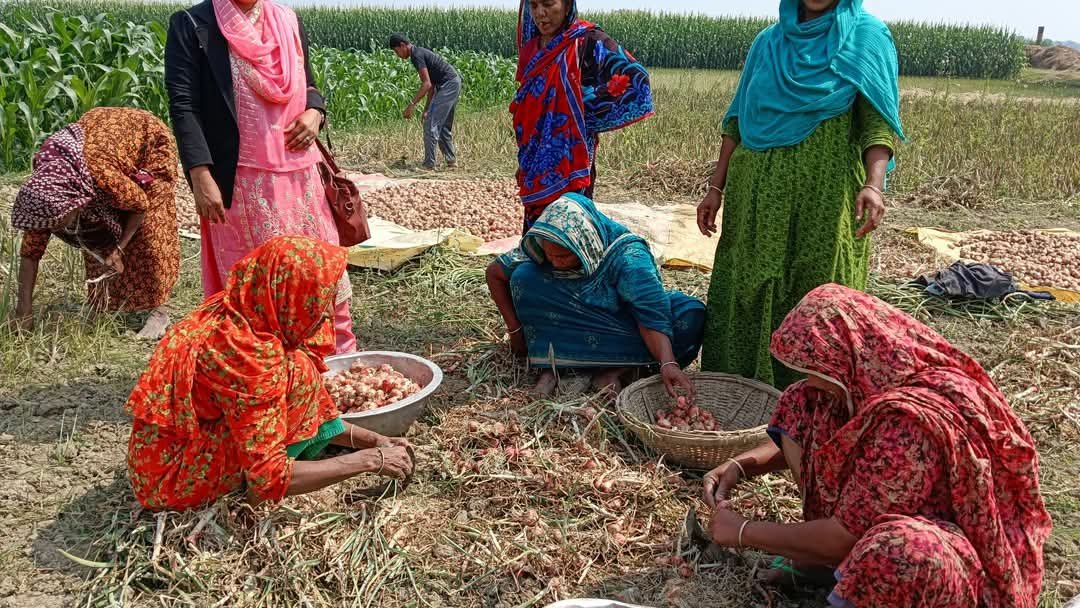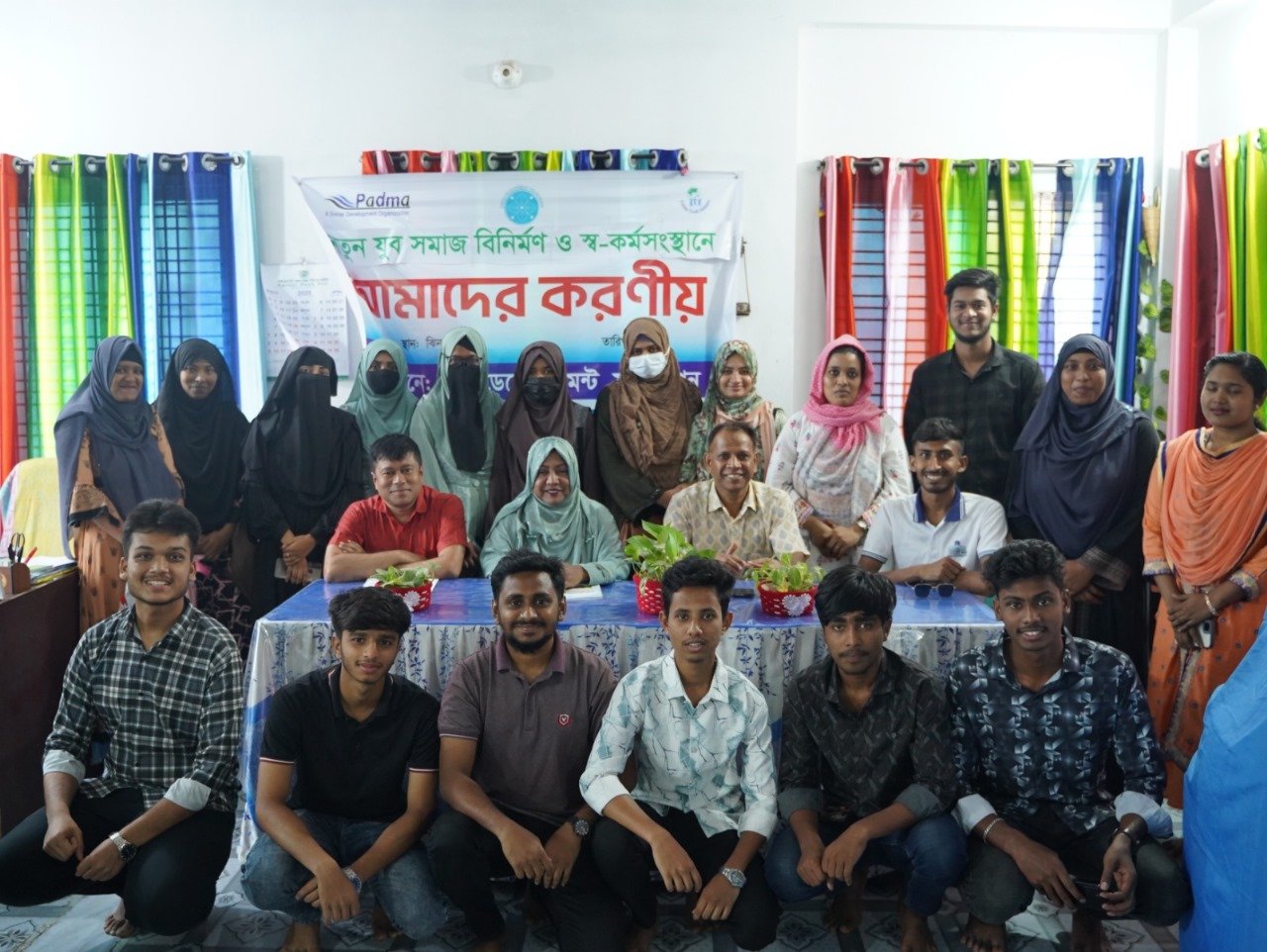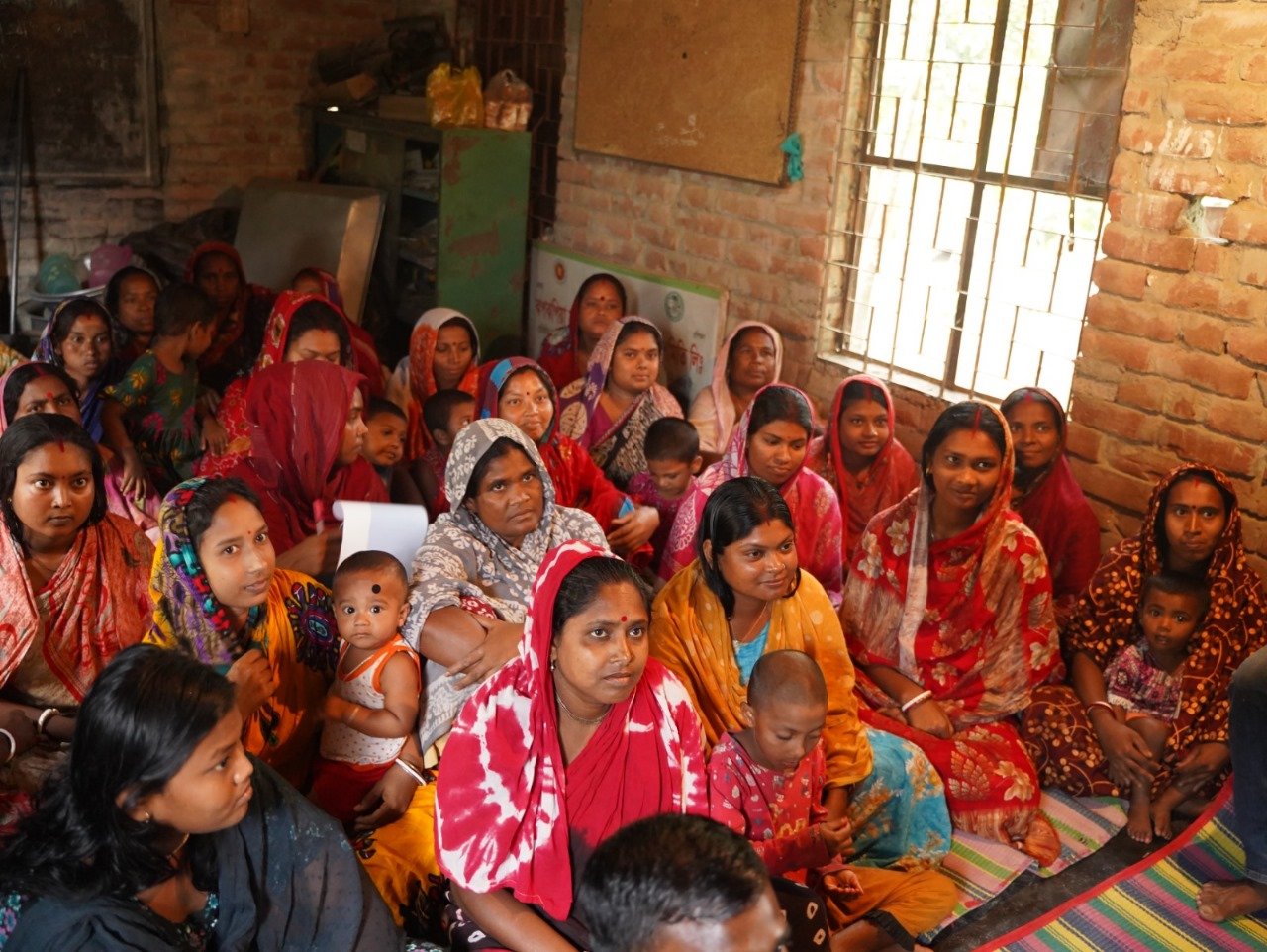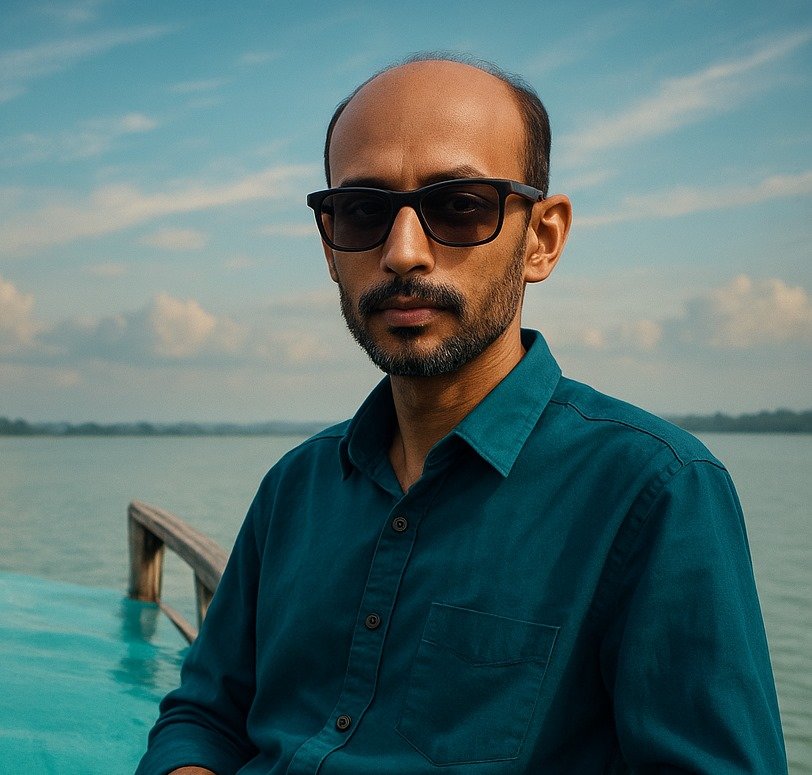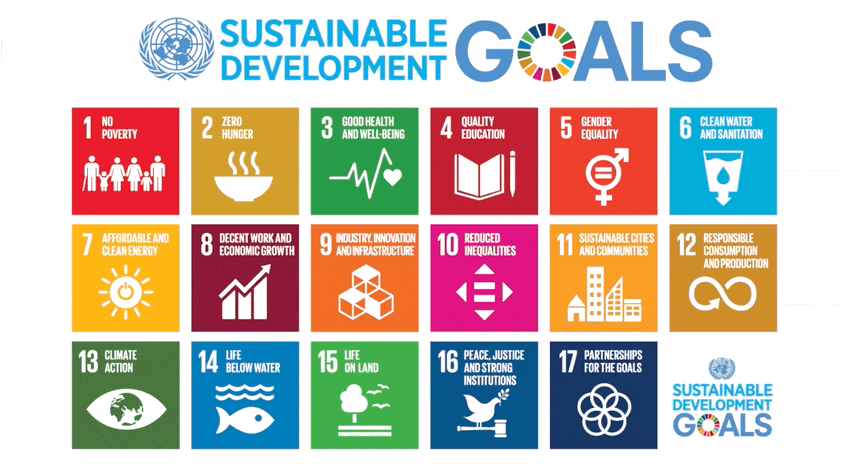United For Change Committed To Growth
Earth Development Foundation, dedicated to the empowerment and upliftment of marginalized communities. With a focus on various sectors including disability rehabilitation, women's rights, agricultural development, health, education, disaster management, environment, and cultural heritage, EARTH worked tirelessly to bring positive changes in the lives of those in need.
WHO WE ARE
Earth Development Foundation (EDF) commenced its journey in 1995 within a small remote village of Jhenaidah district, Bangladesh. It operates as a non-political, non-profit, and non-governmental organization (NGO), dedicated to enhancing the socio-economic conditions of disadvantaged and underprivileged communities. Over the years, EDF has expanded its activities across two locations, encompassing both rural and urban areas, with the support of local and international development partners.
- EDF operates as a non-profit, voluntary, non-political development organization, focusing on region-based projects in the southwest region of Bangladesh.
- EDF provides community-driven support in areas like health, education, environment, and livelihoods, focusing on sustainability.
OUR GOAL
EDF aims to foster positive changes in the socio-economic and cultural status of disadvantaged and underprivileged individuals within their respective areas.
OUR VISION
To create a democratic, just, impartial, dearth-free, healthy, and environmentally sustainable society, empowering underprivileged individuals to become self-reliant in a supportive environment.
OUR MISSION
To ensure community-driven and needs-based support in areas such as food security, rights, governance, health, sanitation, education, environment, disaster management, agriculture, social forestry, nutrition, disability, women empowerment, gender issues, income generation, and self-employment, with a focus on sustainability.
OUR VALUE
ETHICS CREATIVITY DIVERSITY EFFICIENCY

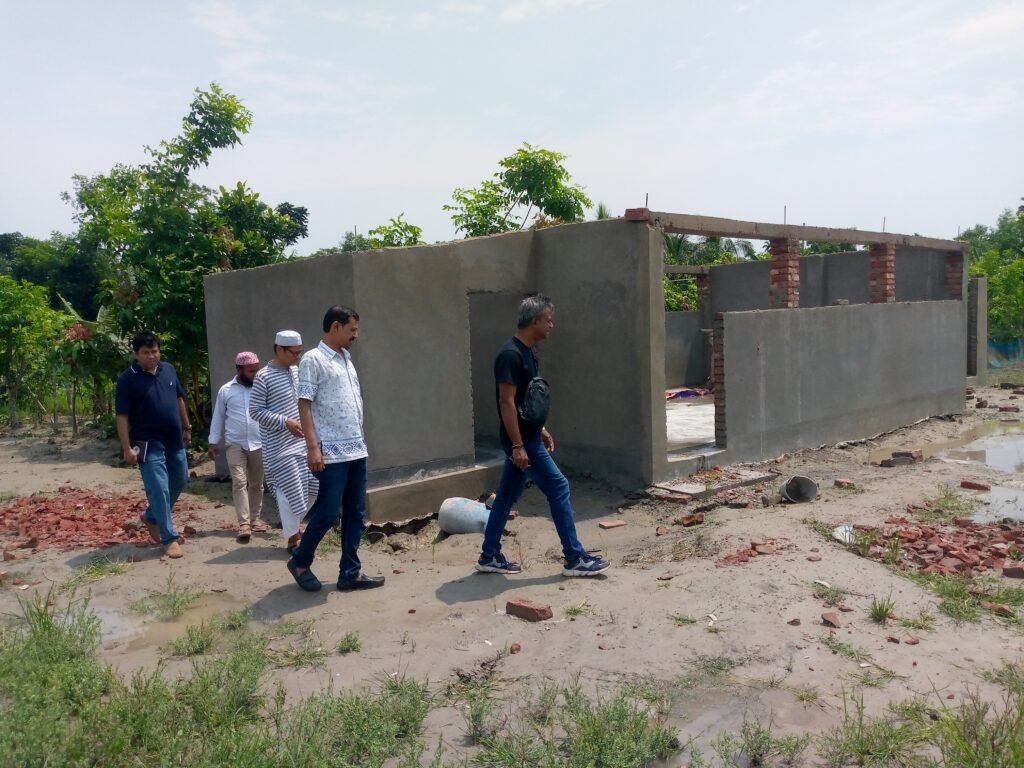
OUR OBJECTIVES
EDF adopts a community-driven approach, focusing on needs-based interventions related to various developmental aspects. Its strategy revolves around fostering empowerment, sustainability, and inclusivity.
- Develop unity, solidarity, and collective strength among poor and disadvantaged communities through institutional-based skill development.
- Raise awareness about development issues, state systems, and societal roles among the target population.
- Enhance agricultural systems and ensure food security.
- Foster self-image, self-confidence, and creativity among individuals for desired changes.
- Improve economic security through income generation, employment, and capacity building.
- Increase literacy rates through various educational programs.
- Enhance healthcare services and address diverse health-related issues.
- Protect the rights of disadvantaged groups and reduce social discrimination.
- Promote environmental sustainability and reduce degradation.
- Provide assistance to distressed individuals affected by natural disasters.
30
YEARS
OF EXPERIENCE
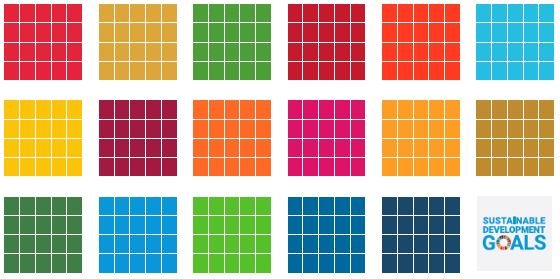
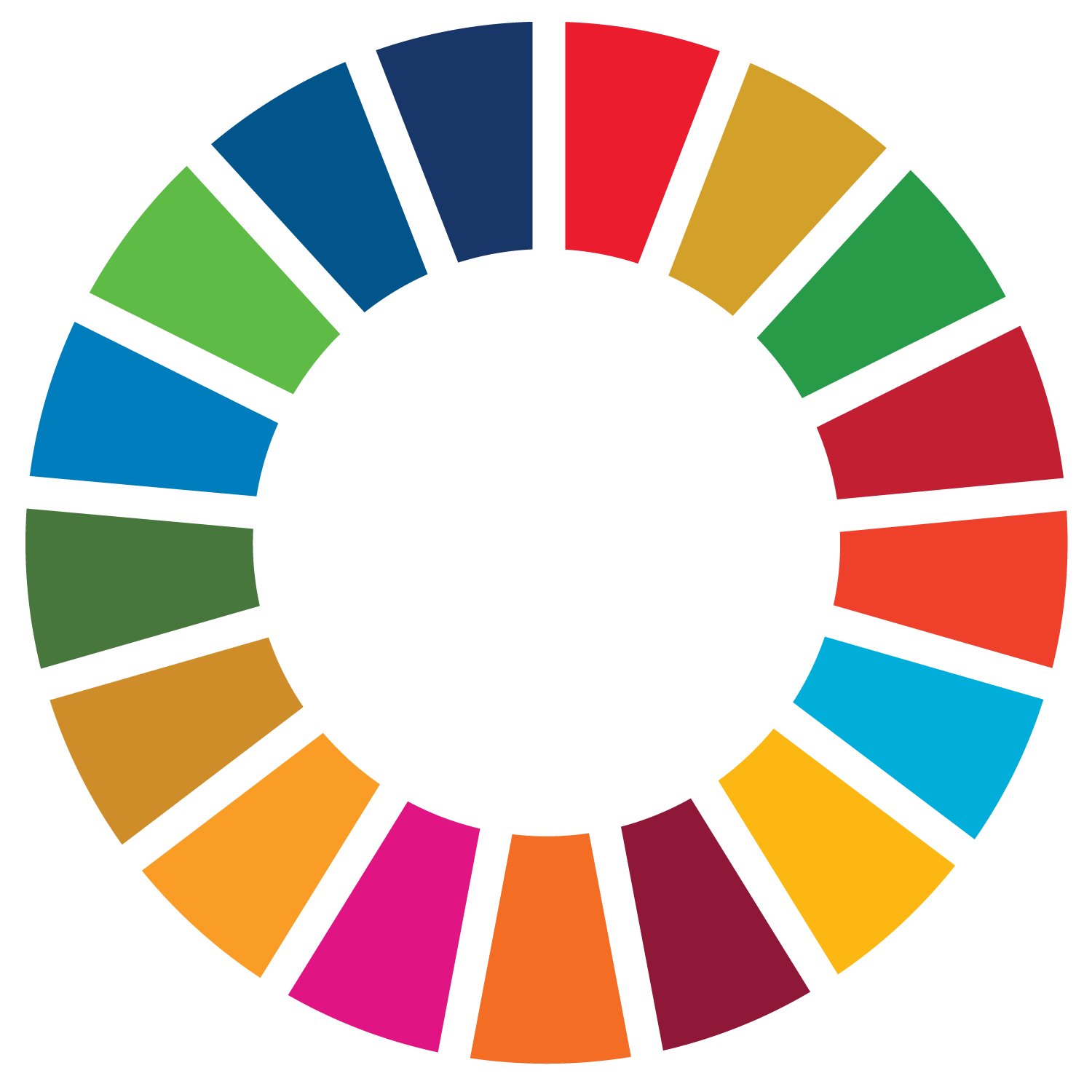
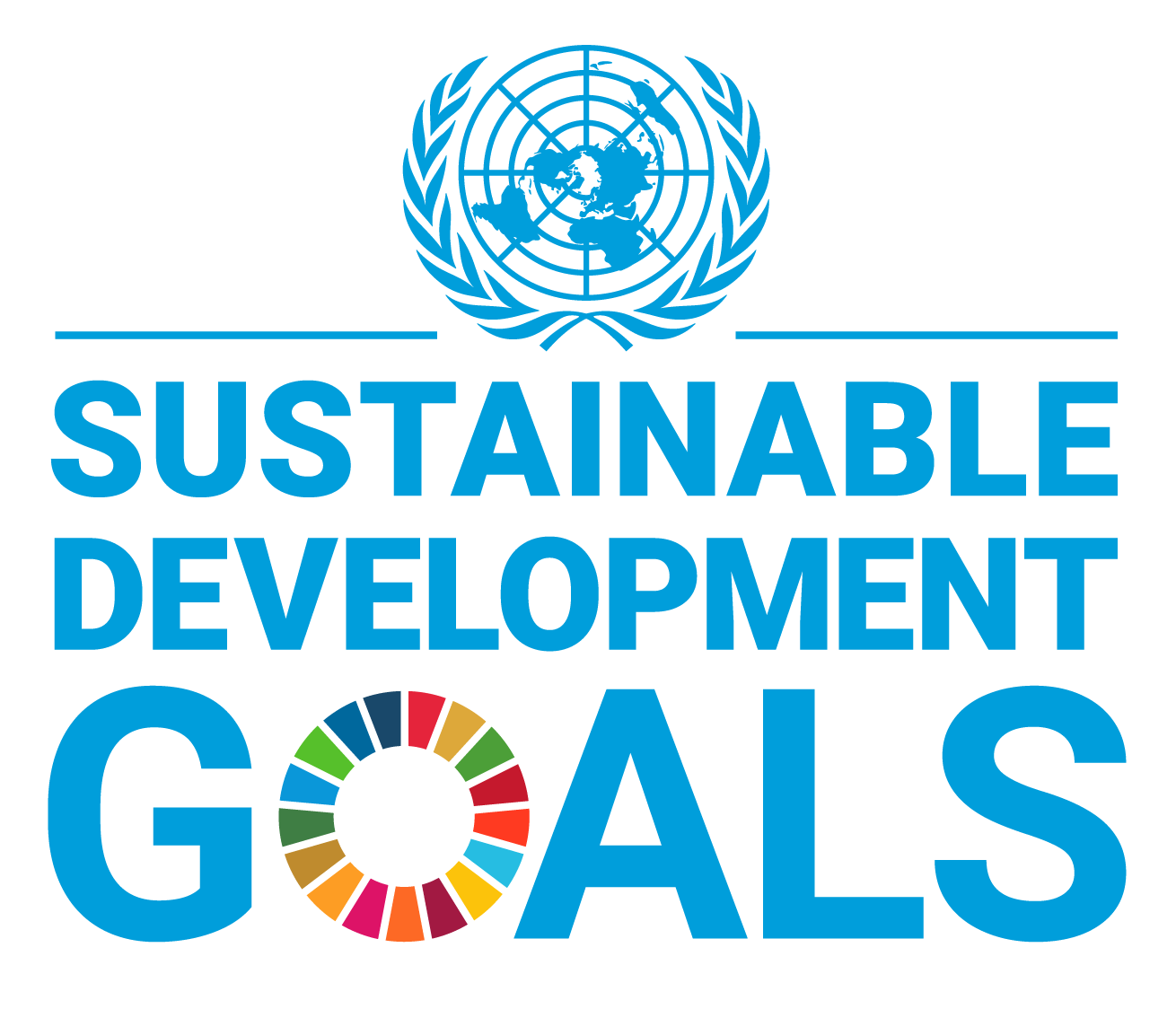

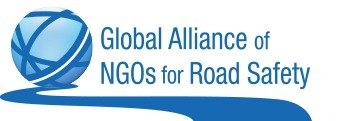

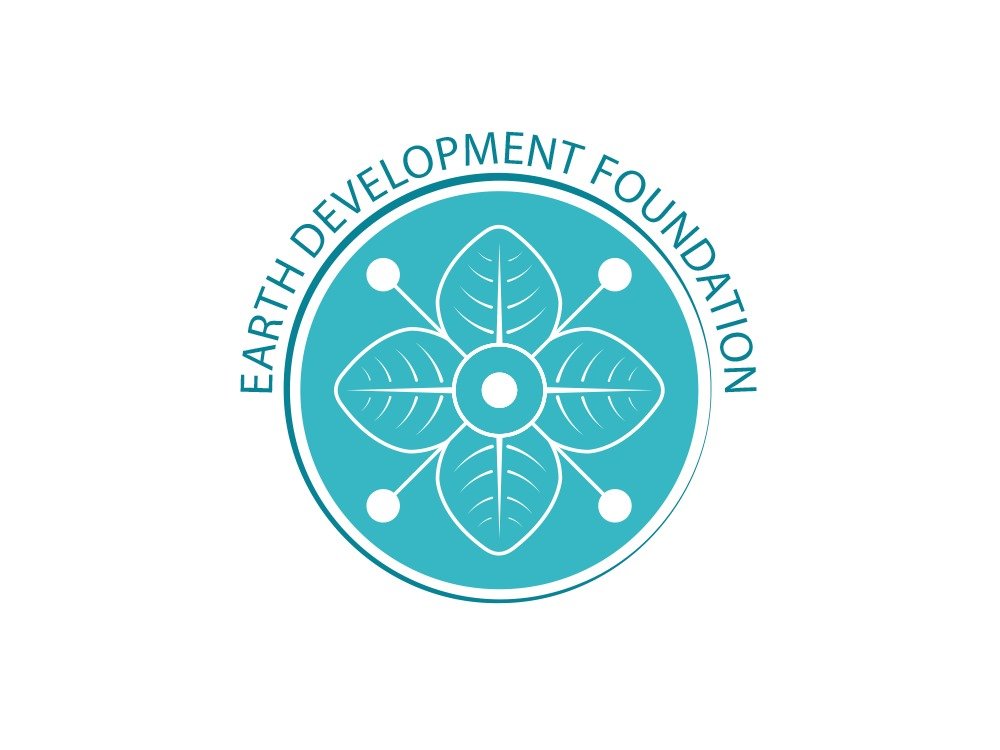
Activities We Completed
EDF strives to improve the socio-economic and cultural status of the underprivileged.
Disability Rehabilitation Program
Assistive Device Support: In collaboration with CDD and Handicap International’s Provat Network, EDF provided essential assistive devices to persons with disabilities (PWDs) and children with disabilities (CWDs). This initiative aimed to alleviate their discomfort and enhance their quality of life. Through the Provat Network, EDF distributed specialized chairs and standing tables, offering unique support to PWDs.
Institutionalization of the Rights of Women Workers of Rural Informal Labor Sector
EDF remained committed to promoting the rights of rural women workers, particularly in the informal labor sector. With support from the European Union, EDF launched a project aimed at ensuring fair wages, safe working conditions, and legal advocacy for these women. Advocacy workshops and lobby events were organized to raise awareness and empower women in JhenEDFh, Kushtia, and Jessore districts.
Disaster Management and Environment Program
Addressing the vulnerability of Bangladesh to natural disasters, EDF actively engaged in disaster management and environmental conservation. The Climate Tracking Cell monitored disaster risks and provided relief efforts during emergencies. Initiatives such as low carbon emission projects and water resource management aimed to mitigate environmental degradation and promote sustainable practices.
What We DO
EDF engages in various development programs and projects, often in collaboration with development partners, government agencies, and the private sector. Its core programs include human and institutional development, food and livelihood security, environment protection and disaster management, and human rights and social justice.
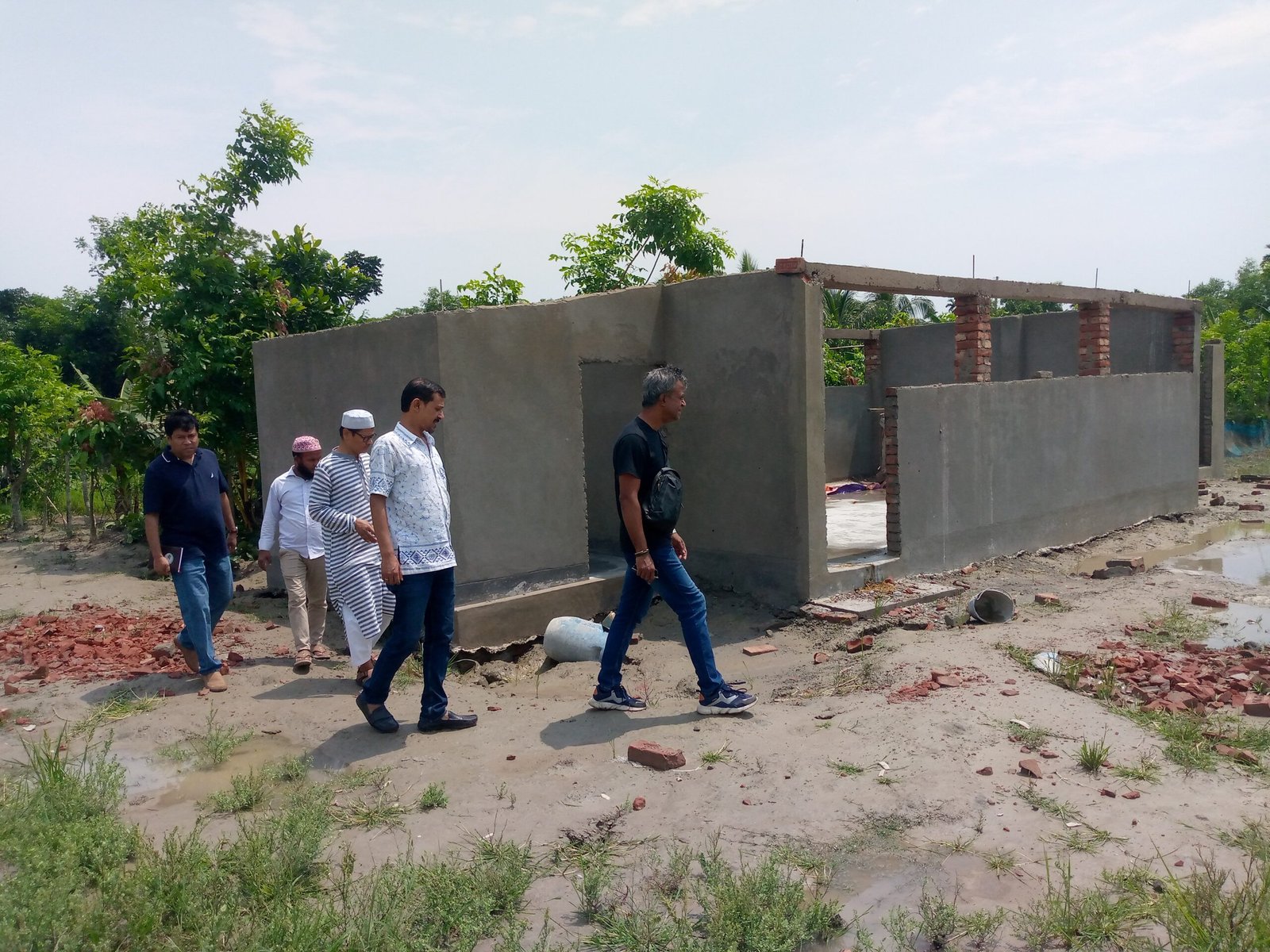
Environment Protection and Disaster Management
EDF is committed to mitigating the impact of environmental degradation and climate change by promoting sustainable environmental practices. This includes air pollution protection efforts through advocacy, community engagement, and partnerships aimed at improving air quality and reducing pollution sources. Additionally, EDF addresses water pollution through initiatives aimed at protecting water resources and promoting clean water access.
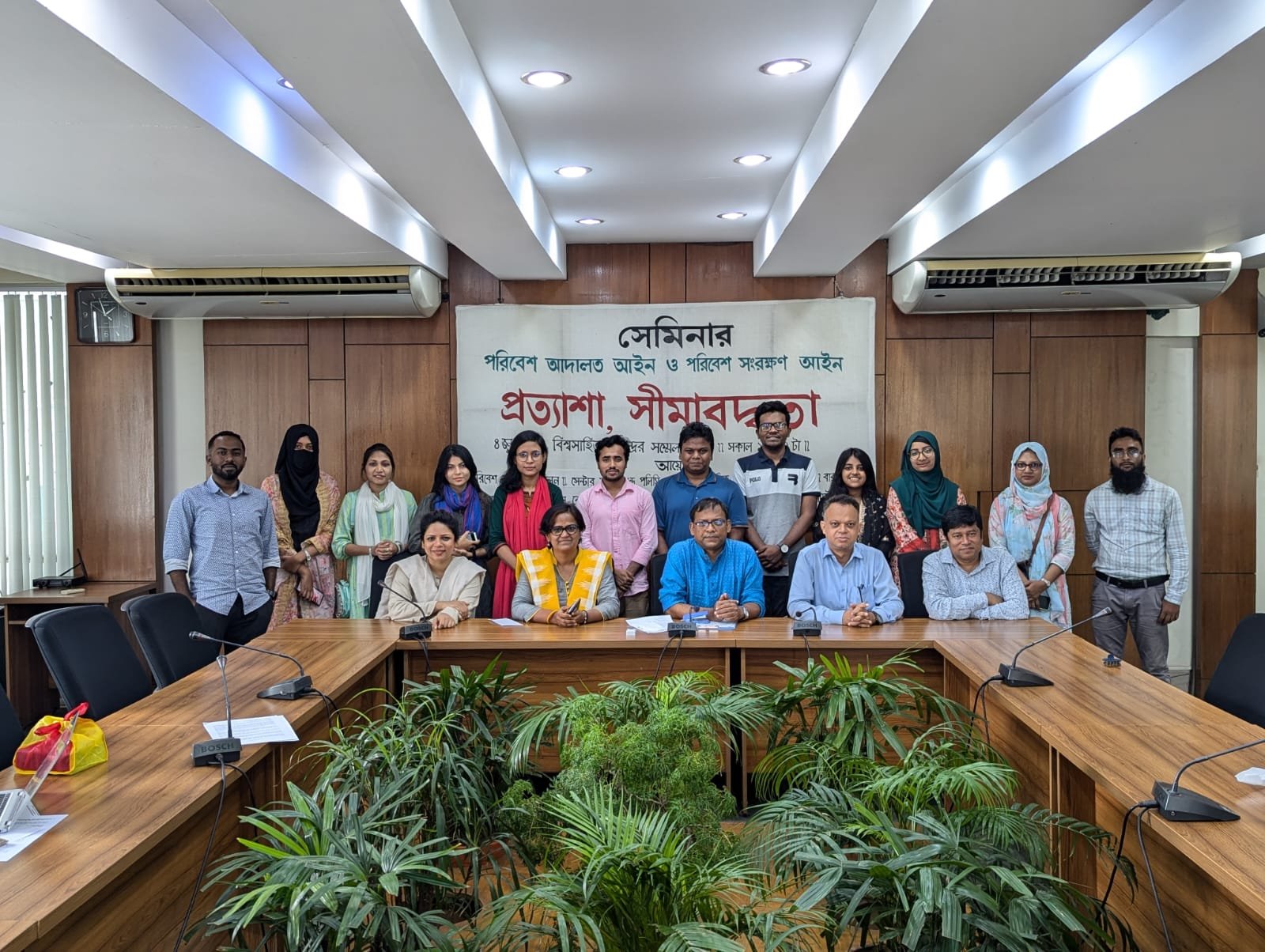
Climate Change
Climate resilience is a central theme of EDF’s environmental work. The organization actively participates in climate change adaptation and mitigation efforts, aiming to reduce carbon footprints, protect vulnerable communities from climate-related disasters, and promote sustainable development.
Team Members
EDF is dedicated to driving positive change and improving the lives of disadvantaged communities in Bangladesh through a holistic approach encompassing various developmental domains.
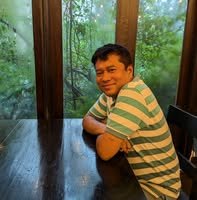
CEO
BIO
Md. Aminul Islam is a seasoned professional with over 21 years of experience in business management, cooperative development, and capacity-building initiatives. He has played a pivotal role in empowering farmers, returnee migrants, and marginalized communities through cooperative formation, training, and financial inclusion. He has been actively engaged in policy advocacy, environmental research, and public health initiatives. With expertise in tobacco control, climate change projects, and sustainable business models, he has collaborated with international organizations such as WHO, UN agencies, and IFAD. His academic background in Finance and Banking from Dhaka University, coupled with extensive fieldwork and policy analysis, has positioned him as a key figure in driving socio-economic development in Bangladesh.
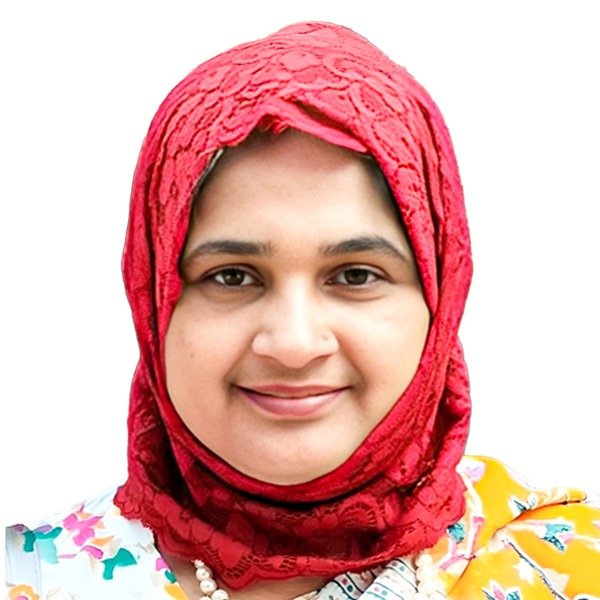
Secretary
BIO
Dedicated to uplifting underprivileged communities, they have led EDF in promoting sustainable socio-economic development through education, health, environment, and livelihood programs. Their commitment to social equity and empowerment continues to drive positive change across rural and urban areas.
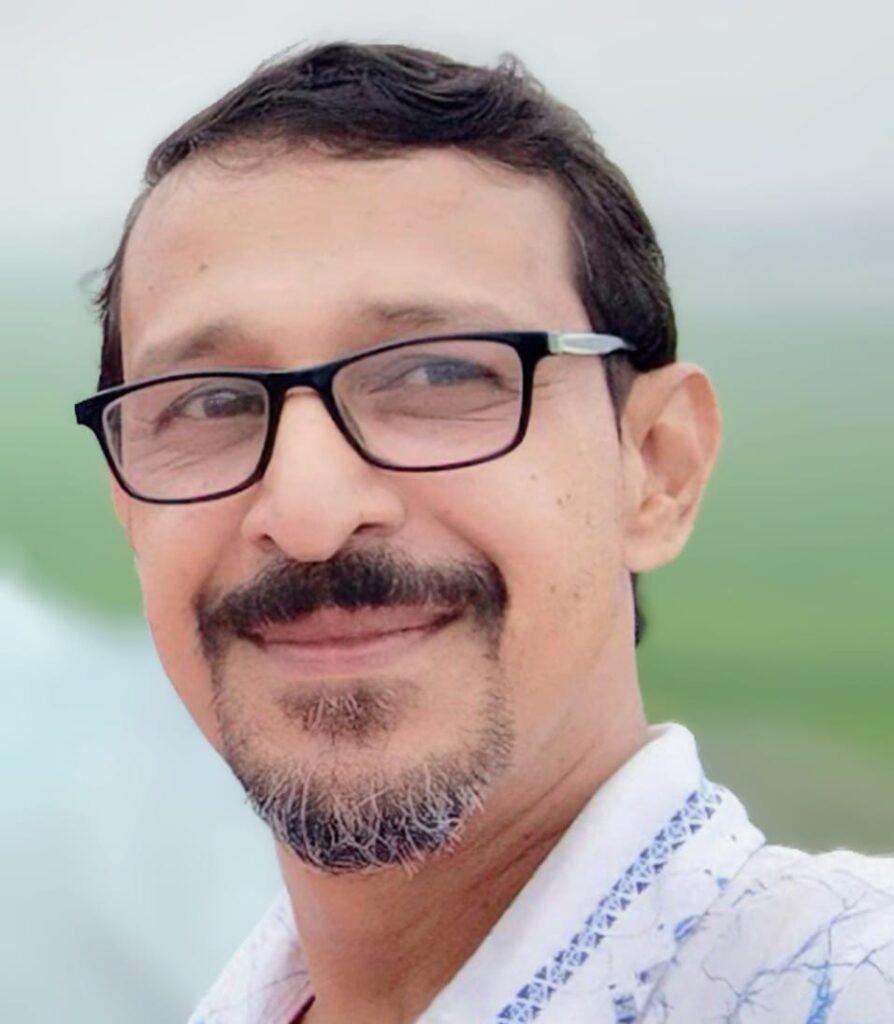
Policy Analyst
BIO
Md. Asrar Habib is an experienced policy analyst and researcher with a strong background in administration, development, and research. With over two decades of professional experience, he has worked in various capacities, including as an Assistant Registrar and PS to the Vice Chancellor at Darul Ihsan University, where he played a key role in administrative and academic functions. He later served as a Research Officer at SURCH, contributing to over 30 national and international research projects, including studies for UNICEF, British Council, and World Vision. Currently, he works as a Policy Analyst at Development Activities of Society (DAS) and ARS-Bangladesh, focusing on policy development, stakeholder mapping, research coordination, and advocacy. His expertise includes survey design, report writing, project evaluation, and capacity-building initiatives. With a Master’s in Business Studies from Islamic University, Kushtia, and proficiency in data analysis tools like SPSS and Atlas, he brings a multidisciplinary approach to policy research and development.
We Also Completed
EDF Earth Development Foundation remained steadfast in its commitment to social justice, empowerment, and sustainable development. By addressing diverse challenges across various sectors, EDF made significant strides towards creating a more inclusive and equitable society. With continued support from partners and stakeholders, EDF looks forward to furthering its mission and impacting more lives in the years to come.

Education remained a cornerstone of EDF’s endeavors, with a focus on early childhood development and special education for children with disabilities. By establishing education centers and partnering with organizations like Save the Children, EDF provided formal and inclusive education opportunities. Special education initiatives catered to the specific needs of children with disabilities, fostering their integration into mainstream education.
Education Program

EDF prioritized public health initiatives, including tobacco control, hygiene promotion, arsenic mitigation, and HIV/STD prevention. The “Smoke-Free Khulna Division” project, supported by The Union-France, aimed to enforce tobacco control laws and create smoke-free environments. Additionally, EDF conducted hygiene promotion activities, arsenic testing, and HIV awareness campaigns, ensuring the well-being of communities.
Health and WATSAN

Through its cultural wing, Mohona, EDF continued to disseminate its message and achievements to the wider community. Mohona served as a platform for advocating EDF’s goals and fostering cultural heritage preservation.
Cultural & Heritage
Contact & Join Together
WE ARE ALWAYS HERE FOR YOU
Office Address :
House 18 Road 2 Mohammadiya Housing Society Mohammadpur Dhaka 1207
Phone Number :
Telephone : +88 1549 879, Mobile : +8801718851681
Mail Address :
pashakriti@gmail.com
LEGAL STATUS
Department of Social Welfare
Registration Number
Jhenai- 176/98
Date: 28 October 1998
Bureau of NGO Affairs
Registration Number
1570/2000
Date: 5 October 2000
MEMBERSHIP
Coalition Member of WWSF, Switzerland, Brotee Samata Network, Dhaka, White Ribon Alliance, UK, Bangladesh Shishu Academy, NGO Coordination Council- Jhenaidah, Room to Read International, Jagoroni Chakro Foundation, Citizen Network
